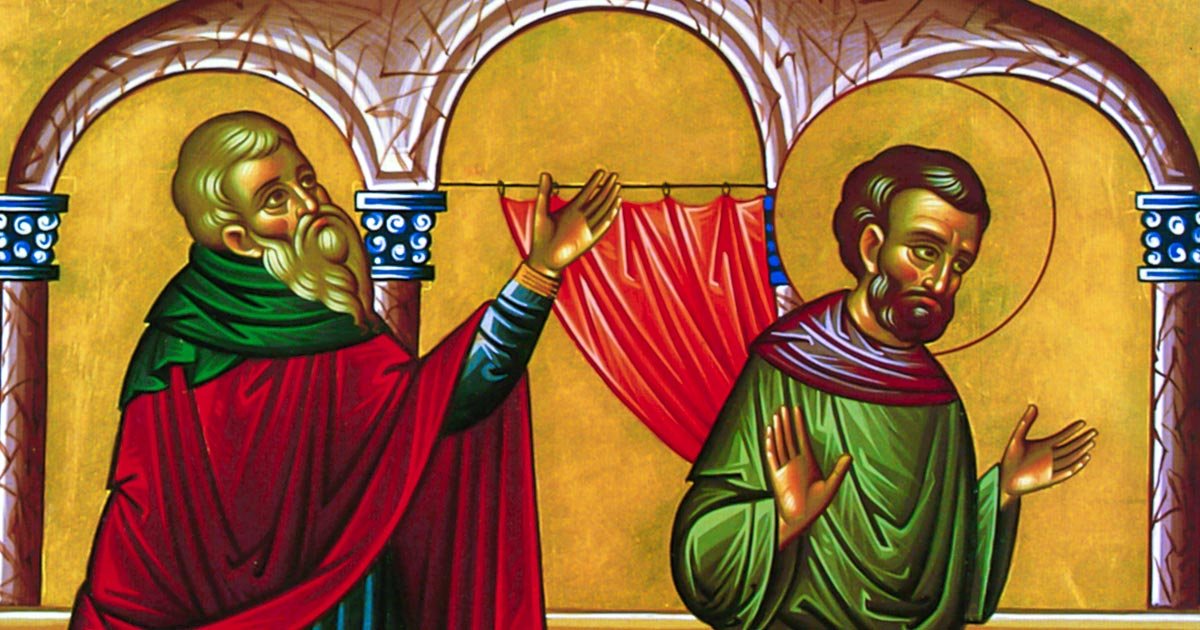A Sermon for Lent 5 (Year A)
“It’s a lost cause… What’s the point?”
“It’s a lost cause… Society’s burning, and the planet is drowning. It’s too late to reverse the damage we’ve done.”
“It’s a lost cause… The Church is dying; look at the numbers. There’s no hope of bringing back the people we’ve lost.”
“It’s a lost cause… He’s failed again; so why even bother? He’s fallen too many times for it to be worth giving him another chance.”
It kinda seems like a world of lost causes out there. Maybe you’ve noticed? Maybe you’ve seen them? I mean, maybe you’ve felt like you are one? I know I have in the past.






